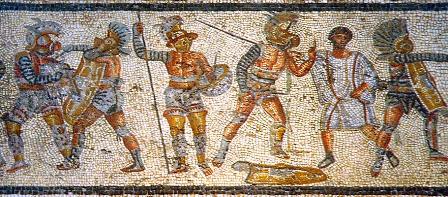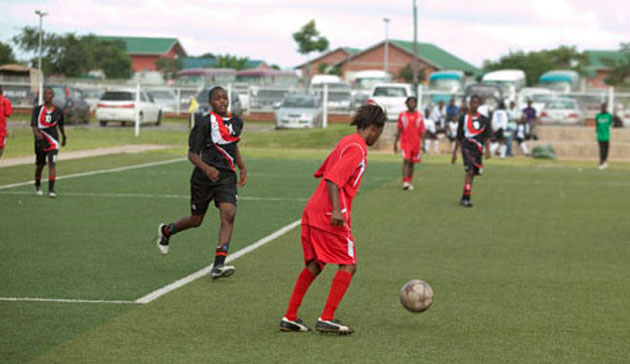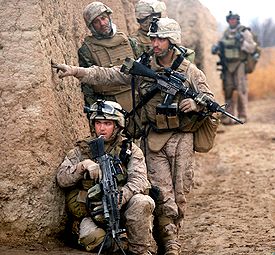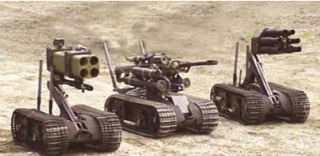The human impulse for war still pulsates through cultures. Sport provides a temporary satiation of this impulse and fills the need to see organized ‘combat’, albeit in a highly structured, rule-bound environment with generally defined boundaries. However, if the current National Hockey League season provides an example of these boundaries, the evidence suggests that sport can operate on levels of barbarity. Often, the 60 minutes of grueling play conjures up an Ancient Roman gladiatorial arena, where bone-crunching body checks and stick slashing provoke fistfights and potentially career-ending hits to the head. Players are occasionally left bleeding or removed by stretcher.
Soccer, too, has its violent impulses. English fans excoriate a referee for a perceived poor decision while some privately writhe with glee (others jeer) at the sight of a dangerous sliding tackle committed against a player on the opposing team. But Steven Pinker, author of the Better Angels of our Nature, would caution against our need for violence. He argues that human beings are less violent today than ever before. His arguments contain a biological premise, that human beings are evolutionarily ‘weeding out’ dangerous sociopaths on the fringe of society. He claims that we are not as barbaric as our Roman ancestors, who spent up to 240 days a year at the Coliseum, witnessing bloodshed for sport that would be unthinkable in the modern age (think Russell Crowe killing eight combatants in 30 seconds).
Further, the veil of war in modern sport quickly falls to the floor when a tragedy strikes. It seems that we are hard-wired with certain cultural instincts that prevent the impulse of violence from going too far. Last season in the English Premier League, Bolton Wanderers Fabrice Muamba’s collapse on a football pitch due to cardiac arrest evoked a teary-eyed concern from a solemn stadium of spectators – he was medically dead for a full 75 minutes, his heart having stopped. In the weeks that followed, there was an enormous national outpouring of sympathy and hope for his recovery. Perhaps incidents like this reinforce the frailty of the human body and reiterate a message of vulnerability: the body has its limits. The metaphor of war through sport, then, has a central caveat: a line of excessive violence must not be crossed.
While the occasional dose of moderate violence enhances certain sports, sport fans and spectators dislike unfairness and generally do not want things to get too dangerous. There are many elements in sport that war cannot deliver on, such as inspiring pep talks, overcoming adversity, friendly rivalries, and triumphant comebacks. More importantly, sport has the cultural versatility to build positive relationships between warring or unfriendly nations. If sport can satisfy and even reduce biological impulses for war, then it’s in our best interest to keep on playing and watching them.




